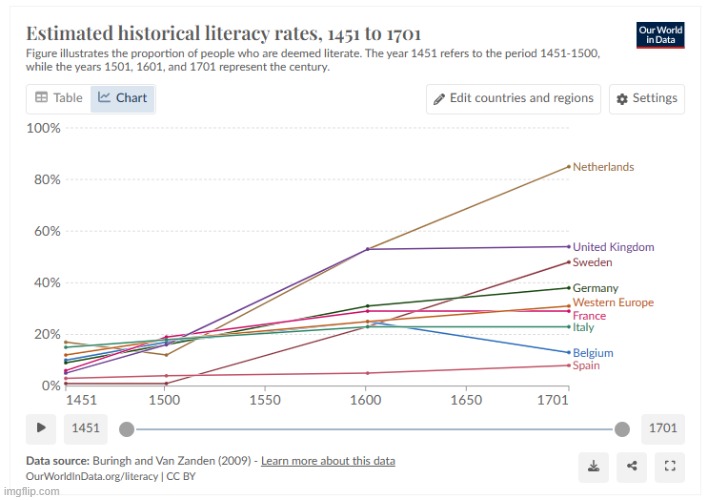Dutch Uncle
* Tertia Optio * Defend the Constitution
The Greeks are so interesting because much so much of western civilization traces right back to Athens.
Agreed on the interest. It's the roots of Western civilization.
The Greeks are so interesting because much so much of western civilization traces right back to Athens.
Aristotle thought power should be vested in the literate property owning class.
I'm not going to play a thousand and one word games with you. Call it the landed gentry, the upper middle class, the mercantile class, take your pick
Aristotle thought power should be vested in the literate property owning class.
I'm not going to play a thousand and one word games with you. Call it the landed gentry, the upper middle class, the mercantile class, take your pick
Rough day in the art business, dear?You are a scumbag lying piece of shit. You and your sok Doc Dutch can masturbate each other. I am done with you. Ignore.
There's a lot to be said for people who have "skin in the game" to protect their long term interests.
You are a scumbag lying piece of shit.
You and your sok Doc Dutch can masturbate each other. I am done with you. Ignore.
Aristotle made sense in the context of ancient Greece.
The Athenian democracy was unique in that every male citizen was enfranchised. A lot of that has to do with the Athenian navy, but that's another story.
You can't really have a sustainable democracy without an educated and literate population. Which is why modern western democracy didn't really get traction until well into the 19th century. Mandatory school attendance and universal education are really just 19th century social phenomena.
A point some people on the forum obviously don't want to know, admit or discuss. Sad.
I'd have to look that up. I do know that Gutenberg's printing of the Bible provided a means for common people to learn how to read.Knowledge is power. I think the United States was the first western nation to achieve near universal literacy and mandatory primary education. Which really tracks well with our evolution into a genuine democracy in the 19th century.
I'd have to look that up. I do know that Gutenberg's printing of the Bible provided a means for common people to learn how to read.
You're right - because the 18th and 19th century United States was a Protestant nation, that was supposedly a factor in achieving near universal literacy; because Protestants are expected to read the Bible.

Literacy rates in history is an interesting topic since it could be considered a measurement of democracy, liberty and citizen's rights. There's a reason why Southern plantation owners banned teaching slaves to read.
This graph is interesting. Note how Britain flatlines after 1600. https://en.wikipedia.org/wiki/Timeline_of_British_history_(1600–1699)
https://ourworldindata.org/grapher/estimated-historical-literacy-rates

Aristotle: Concentrating power in elites concentrates the potential for corruption. Rule by the middle class is preferable because it constitutes the golden mean between rich and poor, would follow moderation, and resist radical change (polity)
Interesting. Don't know why Britain flatlined.
Notice how the Protestant countries lead the Catholic countries in literacy. The Protestant relationship with the Bible explains some of that
That's like naming your kid Einstein.
Einstein is actually a popular dog's name, especially among basset hounds.
Me neither which is why I looked up their timeline. It may have something to do with their class system; the middle-class and wealthy learned to read, the rest just picked potatoes and fished.
Good observation. Agreed on your conclusion. Definitely a thesis paper in studying the issue.
The English civil wars occurred in the 1600s, so that kind of chaos might have disrupted institutions and tradition of learning and education. Just a guess.
The only dog I know named Einstein was the one in the film Back to the Future.
Any parent who names their kid Einstein, Aristotle, Beethoven, or Galileo should be charged with child abuse : )
